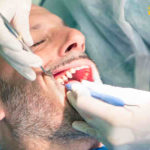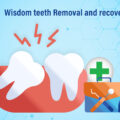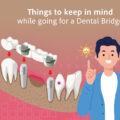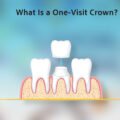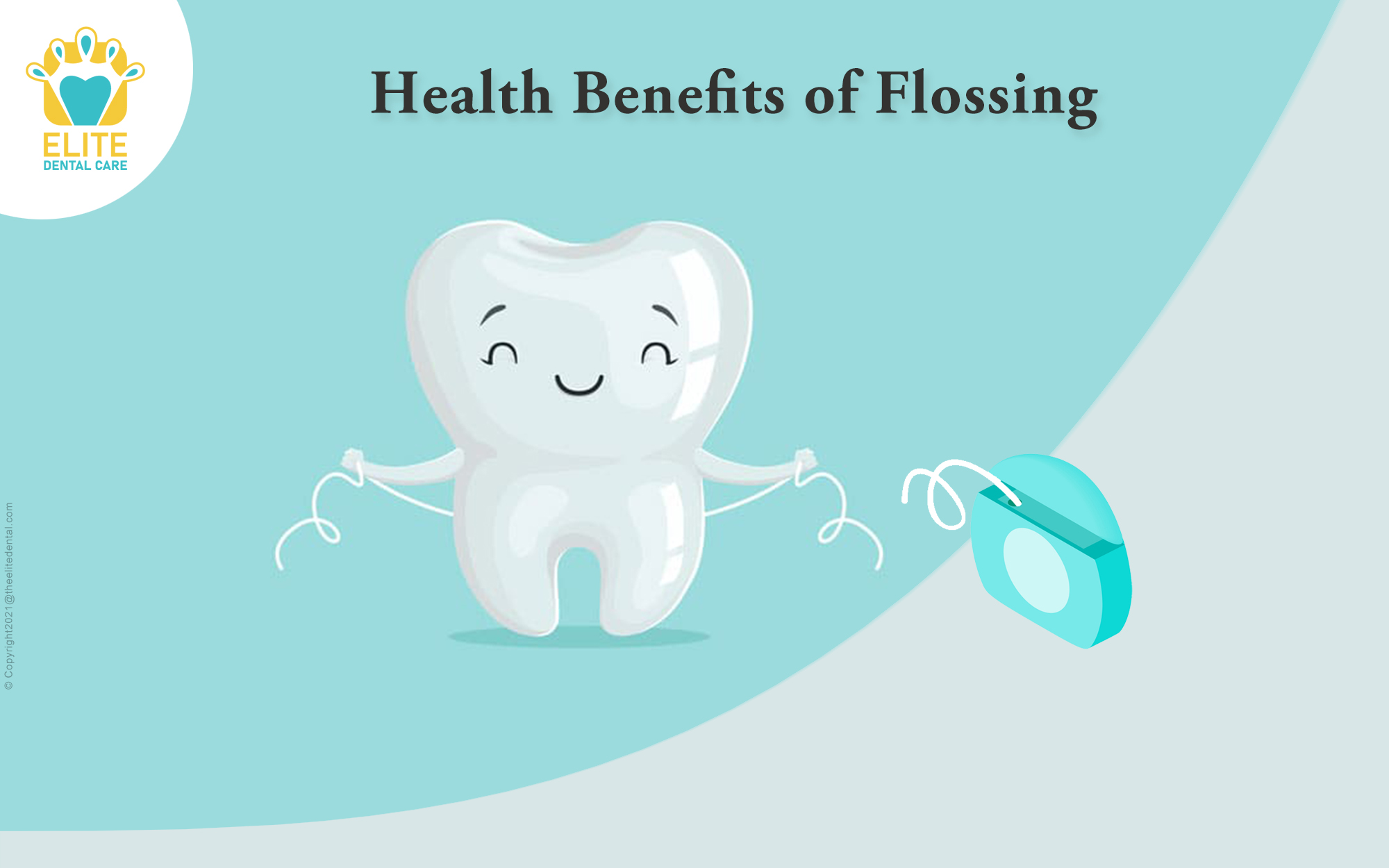
dental caredenturesflossing
edental
20 July 2022
Health Benefits of Flossing
Regular flossing is essential for maintaining good oral hygiene. If you don’t floss, plaque can build up between your teeth and the gum line. It, over time, raises your risk of gum disease and tooth decay.
According to the American Dental Association (ADA), it is essential to use interdental cleaners, such as floss, to remove plaque and debris between teeth.
Continue reading to discover more about the significant advantages of flossing and how frequently and when to floss.
What are the benefits of flossing?
Digging out a stray bit of popcorn or scraping some leftover spinach from between your teeth feels excellent. But flossing has many other advantages besides improving the appearance and comfort of your teeth and gums. Let’s examine these advantages in further detail.
1.Flossing is preventative care.
It’s time to comprehend everything that flossing is capable of if you only think of it as a technique to remove that annoying bit of corn from between your teeth.
In the field of dentistry, flossing is regarded as a preventive treatment. Maintaining a healthy diet and engaging in regular exercise can help reduce your risk of developing heart disease. Flossing can help reduce your risk of various oral diseases and conditions.
Remember … your mouth contains a lot of microorganisms. Most of it can be removed by brushing, but flossing can remove around 40% of the bacteria-covered tooth surface area that toothbrushes can’t reach.
2.Tartar cannot form if you floss.
Throughout the day, plaque is continuously forming around your teeth. When you don’t brush your teeth for a while, a sticky substance called plaque builds up on your teeth, and is typically yellow in color.
It forms tartar when plaque isn’t removed frequently enough. Plaque hardens and sticks to itself, forming tartar. Because it is so firmly attached to your teeth, it is usually removed by a dental professional.
3.You can have fresh breath by flossing.
Even if you can’t feel food particles between your teeth, they often build up when you chew. When they’re stuck inside, your toothbrush won’t quite reach them if you don’t floss. That meal starts to smell very bad as it starts to rot. You probably must floss if you can’t get fresh breath after brushing.
4.You can’t get a truly clean mouth by brushing alone.
Brushing alone is insufficient, as we have been implying all along. No matter how often, long, or hard you brush, some crevices are too small for a toothbrush’s bristles to reach. On the contrary, floss can go between each tooth and remove all the food and bacteria lodged there, leaving your mouth significantly cleaner.
5.A whiter smile may result from flossing.
There are several solutions available that claim to whiten your teeth. You may invest a lot of time and money attempting to lighten your teeth a few shades, from bleaching strips to mouth trays with laser lamps.
Why not try flossing first, though, before using all of those products? As we previously said, plaque and tartar have a yellow look and feel, and flossing is a fantastic technique to reduce the amount of plaque on your teeth. Although some people’s teeth may be discolored due to coffee or cigarette usage, many individuals may successfully whiten their smiles with regular brushing and flossing.
6.Gingivitis is avoided by flossing.
Plaque and tartar do more than simply discolor your teeth. Additionally, they could seriously harm your gums. Acidic plaque is a possibility. If you don’t remove it twice a day, it can begin to eat away at your delicate gum tissue, producing irritation and opening the door to infection. It’s what we mean when we talk about periodontal disease or gum disease.
Gum disease can cause further problems, including dental decay, root canals, and even tooth loss if it advances to an advanced stage. When the prophylactic measure is as easy as flossing, it causes significantly more suffering and harm than anybody should face.
7.Floss costs less than surgery.
The price of floss in bulk will vary based on manufacturer, type, and store. Oral surgery is always more expensive than floss. You can treat periodontal issues with oral surgery to avoid severe damage. Flossing is a preventative measure. Don’t waste your time and money flossing!
